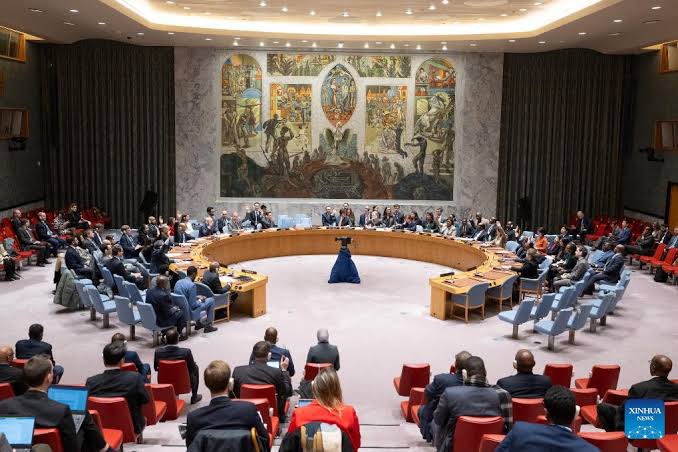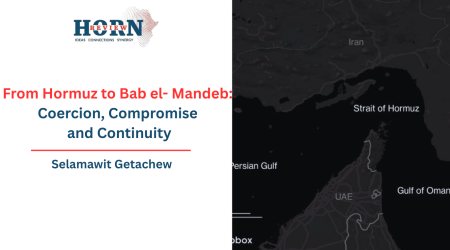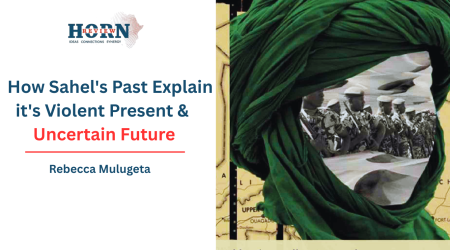
17
Dec
UN Extends Sanctions on Al-Shabaab Amid Growing Regional and Global Threat
The United Nations Security Council renewed sanctions against Al-Shabaab, Somali-based extremist group affiliated with al-Qaeda terrorist group, until February 28, 2025 as it remains a persistent and growing threat not only to Somalia but to the broader Horn of Africa and global security. Since its formation in the mid-2000s, the group has engaged in an ongoing campaign of terror, aiming to impose a strict interpretation of Islamic law across Somalia. Al-Shabaab’s insurgency has destabilized the region, leading to widespread displacement, loss of life, and a humanitarian crisis. The group’s reach and influence, however, extend far beyond Somalia’s borders, making it a significant concern for regional and global security.
Al-Shabaab is a destabilizing force, especially in countries like Kenya, Ethiopia, and Djibouti. The group has carried out numerous cross-border attacks, including the 2013 Westgate shopping mall attack in Nairobi, the 2015 Garissa University College massacre, and incursions into Ethiopian territories. These attacks highlight Al-Shabaab’s ability to affect regional stability and its expanding operational capacity across borders. The group’s ability to recruit, fund, and carry out large-scale operations has made it a key concern for neighboring countries involved in peacekeeping missions or counterterrorism operations in Somalia.
Al-Shabaab’s presence and operations in the Horn of Africa have also raised alarms for global security. The group’s involvement in international criminal activities, such as trafficking arms, drugs, and charcoal, generates significant revenue, which funds its violent campaigns. Furthermore, Al-Shabaab’s ability to recruit foreign fighters from countries outside the region has linked the group to global jihadist networks, amplifying its threat on the international stage.
The UN Security Council’s recent renewal of sanctions against Al-Shabaab reflects the international community’s recognition of its global threat. The measures, which include arms embargoes, travel bans, and maritime interdictions, aim to disrupt Al-Shabaab’s operations and curb its ability to fund and equip itself. However, the challenge lies in the group’s ability to adapt and continue its operations despite these sanctions, particularly through illicit activities in the Horn of Africa’s porous borders and vast coastline.
Somalia’s internal struggle to combat Al-Shabaab is exacerbated by weak governance, poverty, and a lack of state control in many parts of the country. President Hassan Sheikh Mohamud’s declaration of an “all-out war” against the group underscores the government’s commitment to tackling the insurgency, but the task remains daunting without sustained international support and effective regional cooperation. A coordinated and multifaceted approach comprising military, political, and developmental strategies, remains essential to countering the group and restoring stability to the Horn of Africa and beyond.










